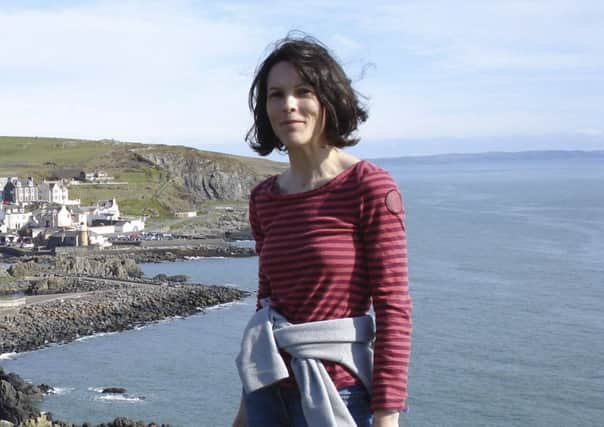Every Scot should know these five warning signs that could save a life – Dr Catherine Calderwood


Sepsis develops when the chemicals in the immune system release into the bloodstream to fight an infection and instead cause inflammation throughout the body. Severe cases of sepsis can lead to septic shock, a potentially fatal medical condition. Many deaths from sepsis, a condition that can affect anyone at any time of their life, are preventable.
In April this year, I launched Scotland’s latest sepsis awareness campaign. You can see it in GP surgeries, pharmacies and on buses. Without quick treatment, sepsis can lead to multiple organ failure and death. This patient safety campaign aims to increase awareness of the five early signs of sepsis which can be a combination of two or more of the following: cold or blotchy hands and feet, uncontrolled shivering, confusion, not passing as much urine as normal and a very high or low temperature.
Advertisement
Hide AdAdvertisement
Hide AdIt is vital that anyone with two or more of these symptoms seeks urgent medical help. Sepsis is treatable if it is identified and treated quickly. In fact, if treated within the first hour, medical evidence has shown that the risk of death is halved and survival rates can be more than 80 per cent. If you are ever in doubt, ask a healthcare professional, “Could this be sepsis?”
I’m delighted that on the back of the latest awareness campaign, 90 per cent of people in Scotland are now aware of sepsis as a disease. However there is still more that we can do to help recognise the early signs and seek help early. On September 13, I will be promoting World Sepsis Day, an opportunity for people all around the world to unite in the fight against sepsis. The Scottish Government will be lighting up its main buildings purple, the colour of the Scottish charity Sepsis Research (FEAT), to mark the occasion.
Dr John Harden, Scottish Government’s national clinical lead for safety, and I are working with the charity and others such as Finding Your Feet and UK Sepsis Trust to continue to raise awareness of this condition.
Although Sepsis Research (FEAT) is based in Scotland, they are doing important work around the world. The charity is also funding research at Edinburgh University and in April I met a number of researchers at the Roslin Institute. The impressive work is investigating the role that genes play in determining how likely people are to die from sepsis.
They aim to compare DNA from people admitted to hospital who later die from sepsis, with those who survive. They hope to isolate DNA signals from thousands of patients and use the information to identify future treatments.
While this, and other research is carried out, we all have a part to play in recognising and acting upon the early signs of sepsis. Doing so will save lives.
So, one last time, the five early signs of sepsis are:
1, very high or low temperature;
2, uncontrolled shivering;
3, confusion;
4, not passing as much urine as normal;
5, and cold or blotchy hands and feet.
Will you join us in the fight against sepsis? For more information visit, www.nhsinform.scot/sepsis
Catherine Calderwood is Scotland’s Chief Medical Officer and she is grateful to Suzie Jones of the Scottish Government’s Quality and Safety Policy Branch for her contribution to this article.